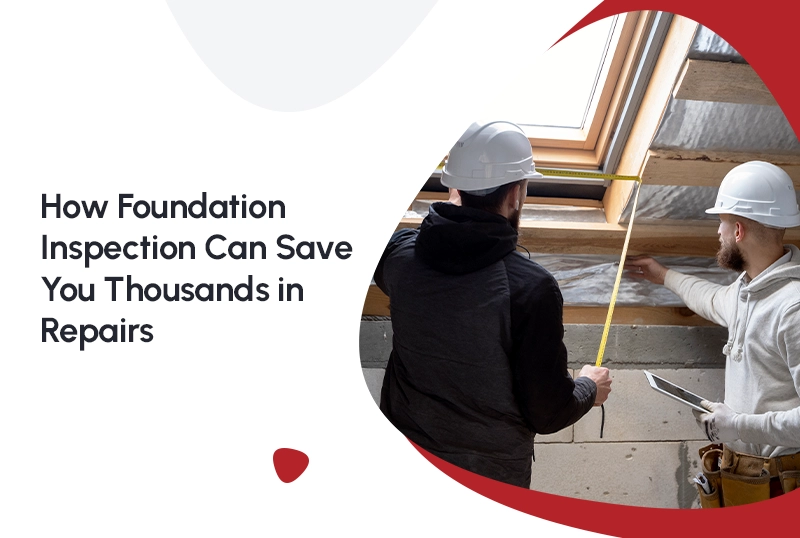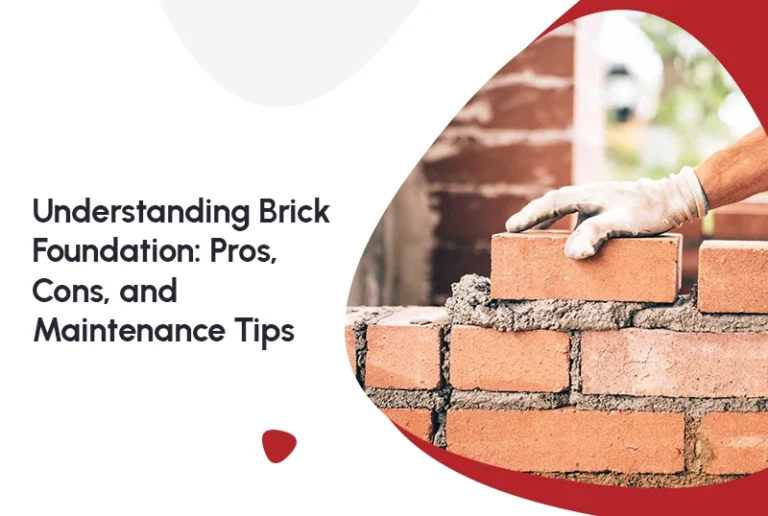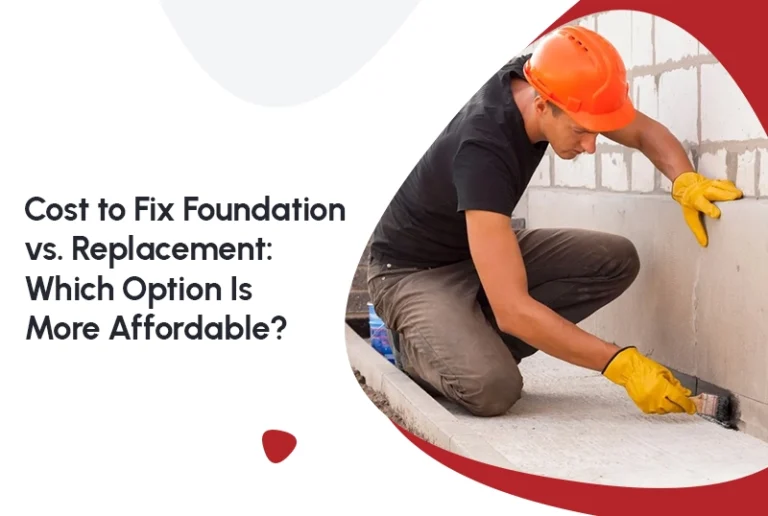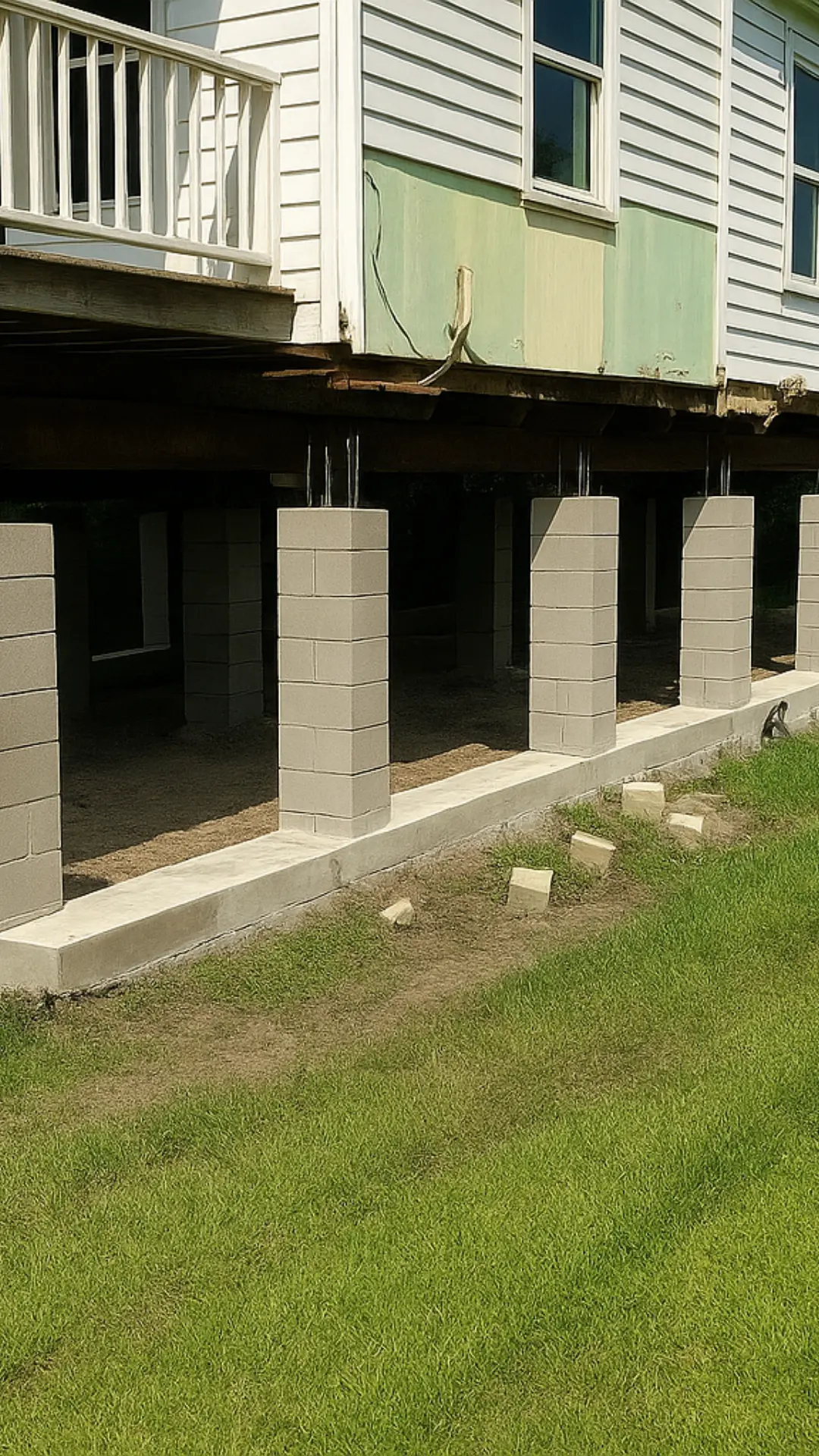When it comes to home maintenance, foundation inspection might not be the first thing that comes to mind. However, ensuring the stability and integrity of your foundation—and identifying early signs that may require house leveling can significantly impact your wallet in the long run. In this blog post, we will explore why foundation inspections are crucial and how they can save you thousands in potential repairs. Let’s get started!
Understanding the Importance of Foundation Inspection
Your home’s foundation is its backbone, bearing the entire structure’s weight. Over time, various factors such as soil movement, water damage, and natural wear and tear can compromise its integrity. Regular foundation inspections help detect early signs of damage, preventing minor issues from snowballing into major, costly repairs.
Common Foundation Issues
Before diving into how inspections can save you money, it’s essential to understand the common foundation issues homeowners may face:
1. Cracks and Settling
Cracks in the walls or floors and uneven settling are often initial signs of foundation issues. While small cracks may seem harmless, they can expand over time, leading to more significant structural problems.
2. Water Damage
Water is one of the most significant threats to your foundation. Poor drainage, leaks, or flooding can cause the soil around your foundation to expand and contract, putting pressure on the structure and leading to cracks and shifts.
3. Poor Construction
Sometimes, the problem lies in the original construction of the foundation. Poor workmanship or the use of subpar materials can lead to premature foundation failure.
How Foundation Inspections Prevent Costly Repairs
1. Early Detection Saves Money
Regular foundation inspections enable early detection of potential issues. By catching problems early, you can address them before they escalate into significant repairs, saving you a substantial amount of money and stress.
2. Maintenance Over Replacement
Inspections can identify areas that require maintenance rather than a complete overhaul. Simple repairs and maintenance tasks are far less expensive than replacing an entire foundation, which can cost tens of thousands of dollars.
3. Prevents Secondary Damage
Foundation issues often lead to secondary damage like plumbing problems, roof leaks, and even electrical system failures. For homes with slab foundations, timely inspections can help avoid major issues that may lead to concrete slab foundation repair, reducing the risk of additional costly repairs.
What Happens During a Foundation Inspection?
Understanding the inspection process can help demystify it and highlight its value:
1. Visual Inspection
The inspector will first conduct a visual assessment, looking for cracks, signs of water damage, and other visible issues. They may also check doors and windows for misalignment, which can indicate foundation settling.
2. Measurement and Analysis
Advanced tools may be used to measure the elevation of your home and detect uneven settling. This data helps the inspector determine the extent of any issues.
3. Soil Testing
In some cases, soil tests may be conducted to assess its composition and moisture levels. This information is crucial for understanding how the soil may be affecting your foundation.
Choosing the Right Inspector
To ensure a thorough inspection, it’s essential to choose the right professional:
1. Look for Experience and Certification
Choose an inspector with extensive experience and the necessary certifications. They should have a solid understanding of local soil conditions and building codes.
2. Check Reviews and References
Online reviews and references from previous clients can provide insight into the inspector’s reliability and professionalism. Don’t hesitate to ask for references if needed.
Conclusion
Foundation inspection might seem like an additional cost, but it’s a small investment that can save you thousands in the long run. Whether your home is built on a pier and beam system or a concrete slab, identifying potential issues early helps prevent extensive damage, maintain your home’s value, and ensure the safety of your family. Don’t wait until it’s too late—schedule a foundation inspection today and give yourself peace of mind.
FAQs (Frequently Asked Questions)
What are the typical costs of a foundation inspection?
The cost of a foundation inspection can vary based on location and the size of your property. On average, you can expect to pay between $300 and $700.
How often should I have my foundation inspected?
It’s generally recommended to have a foundation inspection every few years, especially if you live in an area with significant climate changes or soil movement.
Can I do a foundation inspection myself?
While you can certainly look for obvious signs of foundation issues, a professional inspection is crucial for a thorough assessment. Professionals have the tools and expertise necessary to detect subtle problems that may not be visible to the untrained eye.







